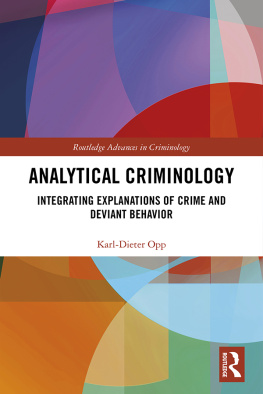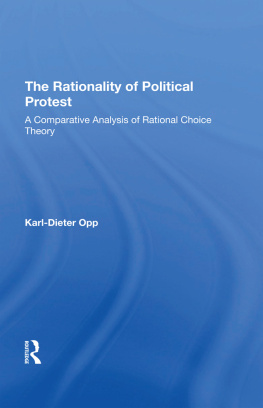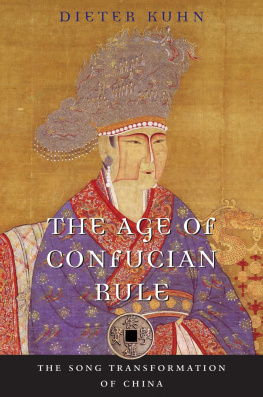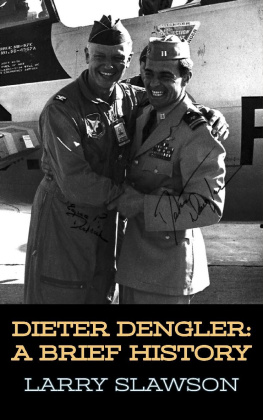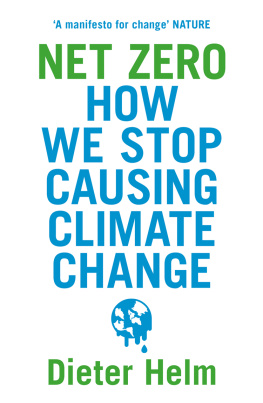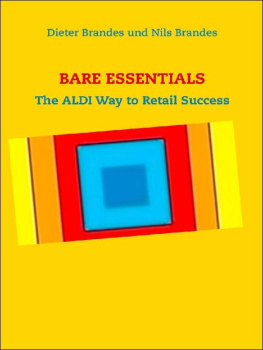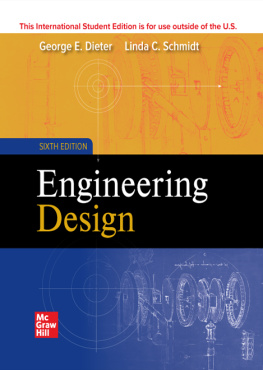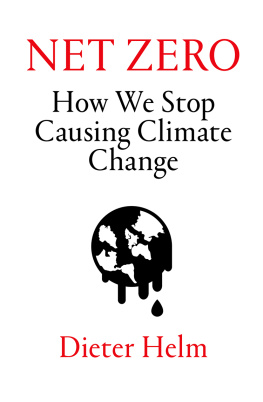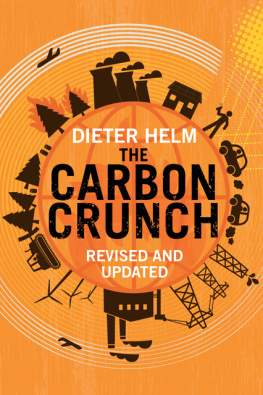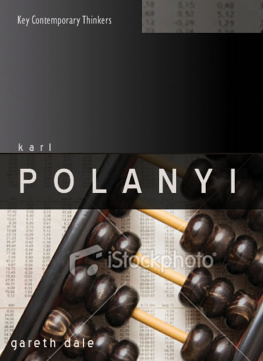Analytical Criminology
There are more than 20 theories that explain crime. Each theory has weaknesses, and no scholar knows which theory is best. To remedy this unsatisfactory situation a new research program of comparative theory testing is proposed. Comparing the theories with each other has not yet been successful. The alternative, suggested in this book, is to show how criminological theories must be modified if they are compared with a general behavioral theory. The book shows under which conditions the major criminological theories provide valid explanations of crime. The latter thus become integrated as parts of the general theory.
The general theory that is chosen is a version of the theory of rational action. This is not the problematic version discussed in the literature, but states the real conditions of decision making and, thus, explains when people actually violate the law or remain law-abiding.
The general theory is a component of a theoretical approach that explains individual behavior in interaction with societal (macro) conditions. This micro-macro approach is summarized in a proposed structural-cognitive model. This is part of the new program of Analytical Criminology. It suggests empirical theory comparison, process explanations, and micro-macro explanations.
The book is not only written for readers who are interested in theories of crime and deviant behavior. It is also a treatise in analytical (i.e., rigorous) theory construction and empirical theory comparison.
Karl-Dieter Opp is Professor Emeritus at the University of Leipzig (Germany), and Affiliate Professor at the University of Washington (Seattle). His areas of interest include crime and deviant behavior, collective action, political participation and protest, social norms and institutions, rational choice theory, and the philosophy of the social sciences. His most recent English book, also published with Routledge, is Theories of Political Protest and Social Movements. A Multidisciplinary Introduction, Critique and Synthesis (2009).
Routledge Advances in Criminology
The Myth of Moral Panics
Sex, Snuff, and Satan
Bill Thompson and Andy Williams
Drugs and Popular Culture in the Age of New Media
Paul Manning
Criminal Justice in International Society
Edited by Willem de Lint, Marinella Marmo, and Nerida Chazal
American Smuggling as White Collar Crime
Lawrence Karson
Young Men and Domestic Abuse
David Gadd, Claire L. Fox, Mary-Louise Corr, Steph Alger, and Ian Butler
Frank Tannenbaum: The Making of a Convict Criminologist
Matthew G. Yeager
Reinforcement Sensitivity Theory
A Metatheory for Biosocial Criminology
Anthony Walsh
Mafia Violence
Political, Symbolic, and Economic Forms of Violence in Camorra Clans
Edited by Monica Massari and Vittorio Martone
Analytical Criminology
Integrating Explanations of Crime and Deviant Behavior
Karl-Dieter Opp
For more information about this series, please visit: www.routledge.com/Routledge-Advances-in-Criminology/book-series/RAC
Analytical Criminology
Integrating Explanations of Crime and Deviant Behavior
Karl-Dieter Opp
First published 2020
by Routledge
2 Park Square, Milton Park, Abingdon, Oxon OX14 4RN
and by Routledge
52 Vanderbilt Avenue, New York, NY 10017
Routledge is an imprint of the Taylor & Francis Group, an informa business
2020 Karl-Dieter Opp
The right of Karl-Dieter Opp to be identified as author of this work has been asserted by him in accordance with sections 77 and 78 of the Copyright, Designs and Patents Act 1988.
All rights reserved. No part of this book may be reprinted or reproduced or utilized in any form or by any electronic, mechanical, or other means, now known or hereafter invented, including photocopying and recording, or in any information storage or retrieval system, without permission in writing from the publishers.
Trademark notice: Product or corporate names may be trademarks or registered trademarks, and are used only for identification and explanation without intent to infringe.
British Library Cataloguing-in-Publication Data
A catalogue record for this book is available from the British Library
Library of Congress Cataloging-in-Publication Data
A catalog record has been requested for this book
ISBN: 978-0-367-08666-4 (hbk)
ISBN: 978-0-429-02698-0 (ebk)
Typeset in Times New Roman
by Wearset Ltd, Boldon, Tyne and Wear
For Elisabeth
Contents
The goal of the present book is to improve our knowledge about the causes of crime. To reach this goal three ideas are pursued that distinguish this book from other books about crime. The first idea is the systematic application of a general behavioral theory. We chose a wide version of the theory of rational action. Before readers now shut the book, they should look at what this theory is about. All the common objections against rational choice theory do not hold for the wide version. This theory explains decisions of real actors, taking into account the situation in which action takes place. We ask readers to continue reading now, finish the preface, read the introduction and then consider whether the book is of interest.
The second idea is to examine the extent to which this general theory can show under which conditions theories of crime are valid. The idea is thus not just to apply the theory to explain different kinds of crime. There is a large literature in which this is done. The book is about comparing theories, namely a general theory with specific theories of crime that are widely discussed in the literature. The basic argument for such a comparison is this. The general theory is successful in providing valid explanations of a wide, heterogeneous range of phenomena. Therefore, it should be capable to show under which conditions the special theories of crime are valid. It goes without saying that the outcome of these theoretical analyses must be tested empirically.
If this idea turns out to be viable the result of the theoretical analyses will be an integration of criminological theories. They will become a theoretical unity with rational choice theory, because rational choice theory specifies conditions for their validity.
The third idea is to apply basic results of the philosophy of science and of formal logic. This may sound terrifying to some readers. However, the results applied are explained so that they can easily be understood. It will be seen that these results are of tremendous help in providing guidelines for finding clarifications and weaknesses of the theories to be analyzed. They are also useful for analyzing the relationships between the theories (for details see ).
Comparing specific theories of crime with a general behavioral theory and integrating them into a unified set of theories is a research program that we call Analytical Criminology (for details see ). Such a research program has not yet been pursued in the literature.
The idea of writing this book originated when I worked with Prof. Lieven Pauwels (Ghent University, Belgium) on an article (published in German) on rational choice theory and crime (Opp and Pauwels 2018). All of a sudden, we had written about 60 pages (the article was restricted to about 20 pages). The idea arose to write a book in English that included and extended the 60 pages. We wrote a book proposal that was finally accepted by Routledge. Unfortunately, Lieven decided to withdraw as a co-author because of new obligations at his university. I regret this decision very much. Nonetheless, he has helped me to shape the structure and contents of the book with many excellent suggestions. I am extremely grateful for his support.


